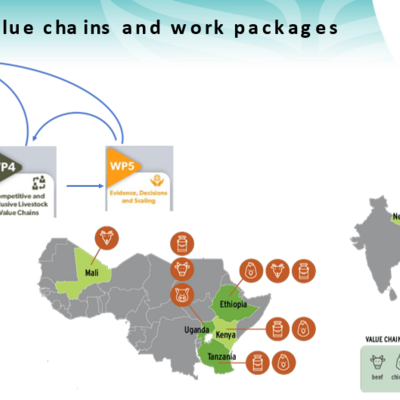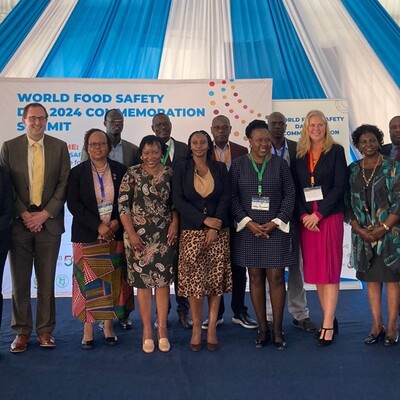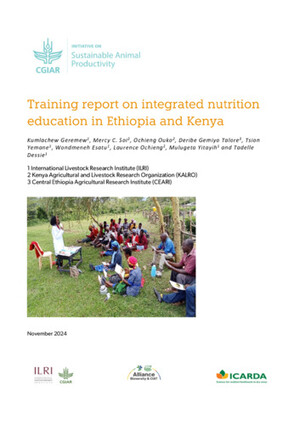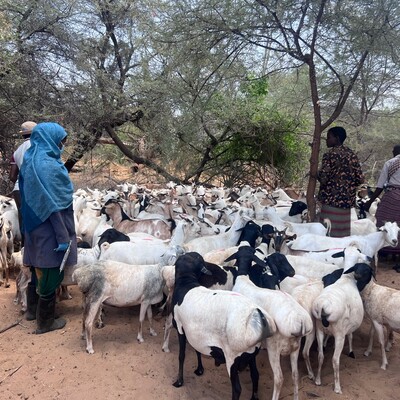
Does engaging fathers in child nutrition support an increase in health-improving practices?
In most African contexts, the likelihood of having fathers involved in feeding children is very minimal. This is mainly caused by cultural norms that inhibit men from engaging in kitchen-related work, which is often considered a woman job. As a result, most men neither participate nor have adequate information on what good nutrition constitutes.
A recently published paper found that encouraging fathers to support child nutrition increased the percentage of children who more frequently consumed animal-source foods. A social and behaviour change communication intervention in livestock-keeping households was used to encourage an increased engagement of men in supporting child nutrition.
The study was conducted in Rwanda by researchers from the International Livestock Research Institute as a follow-on to a previous study investigating the effects of the Rwanda government's Girinka 'One Cow Per Poor Family' program. The program was targeted mainly at mothers to promote the consumption of animal-source foods by children in households that received an exotic or crossbred cow from the government.
The current findings show that the intervention engaging fathers to support child nutrition improved their knowledge and awareness of the animal source foods that would benefit their households. To achieve this, the social and behaviour change communication intervention comprised group meetings text messages, print materials and megaphone blasts.
The fathers appreciated having model fathers because they acted as role models whom they could emulate in terms of what they were doing for their families and also offered trusted sources of information. The intervention also used educational cards that contained images of men collaborating with women to support child nutrition, and this encouraged them to make crucial decisions together with their spouses.
The intervention materials also offered clear actions that men could take to support their children’s nutrition. This included providing animal-source foods by either buying or allowing consumption of that produced in their households. This eventually led to an increased percentage of children who more frequently consumed animal-source foods, specifically milk, eggs and beef.
Consumption of animal-source foods contributes to child growth and development because they are important sources of protein, iron, zinc, vitamin A and other micronutrients. However, in most cases, men's involvement often controls their inclusion in family diets. Social support from fathers for improved child-feeding practices is therefore vital given that men often have a say as to the use of animal-source foods produced in the home and in the contribution of money to purchase the same.
This study, however, proves that the use of social behaviour change communication interventions increased fathers’ support for their children’s animal-source foods in Rwanda. Those who produced livestock-derived food often ensured that their children got a good share of it, while in other cases, they were also willing to purchase.
This forms a sound basis for future studies to provide more evidence on feasible, acceptable and effective ways to involve fathers in supporting child nutrition, including animal-source food consumption.
Access the study here.




















